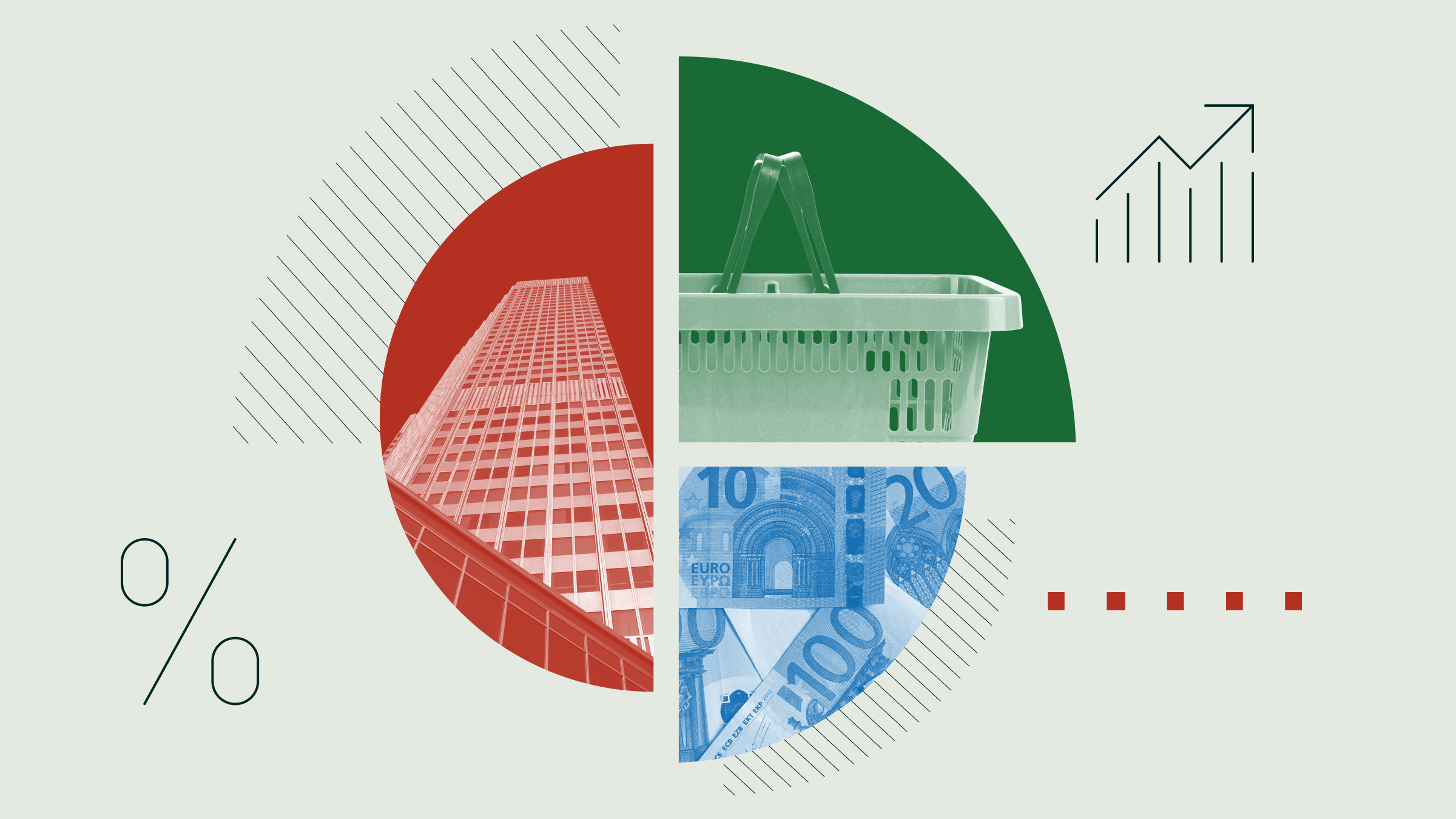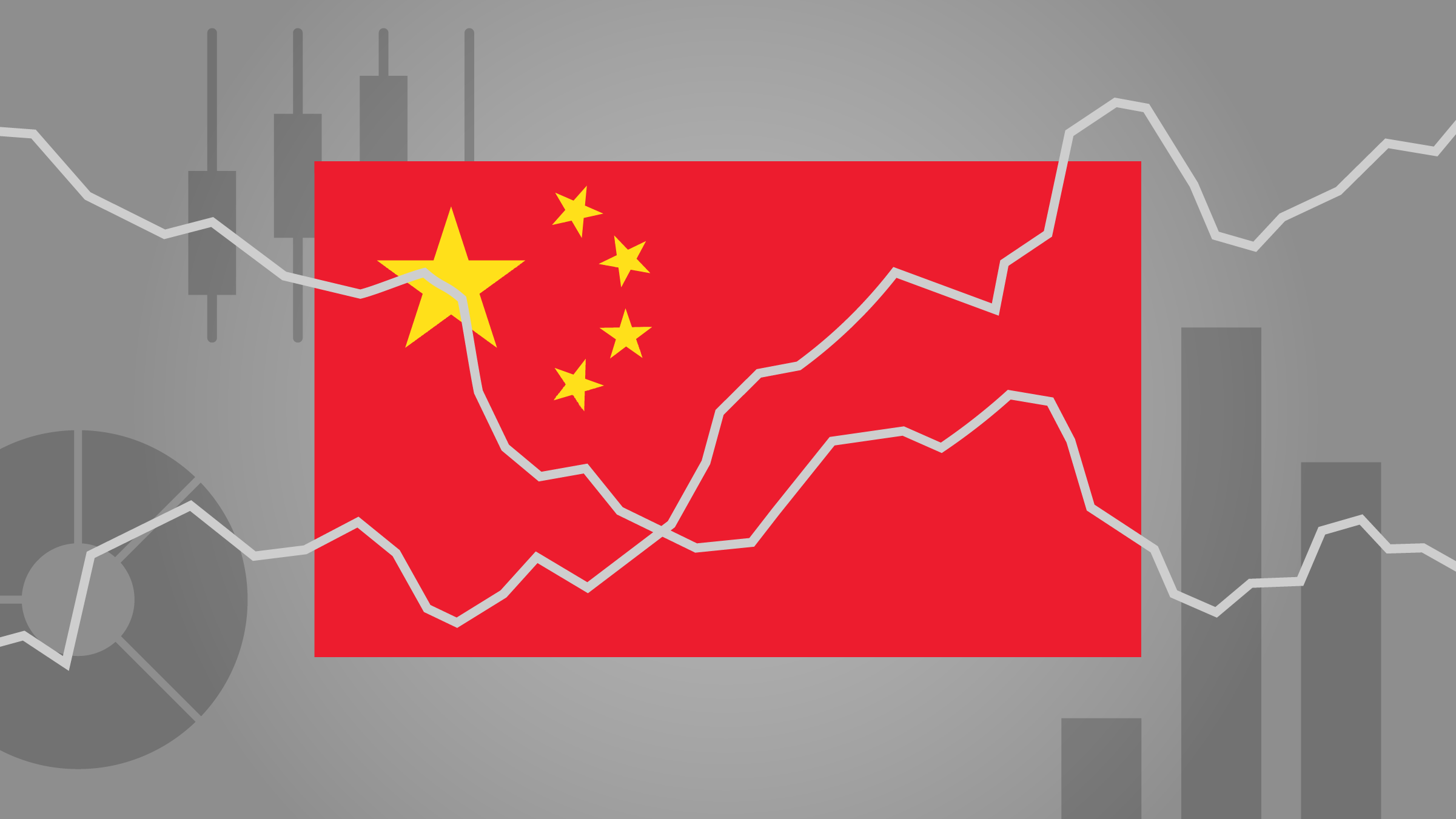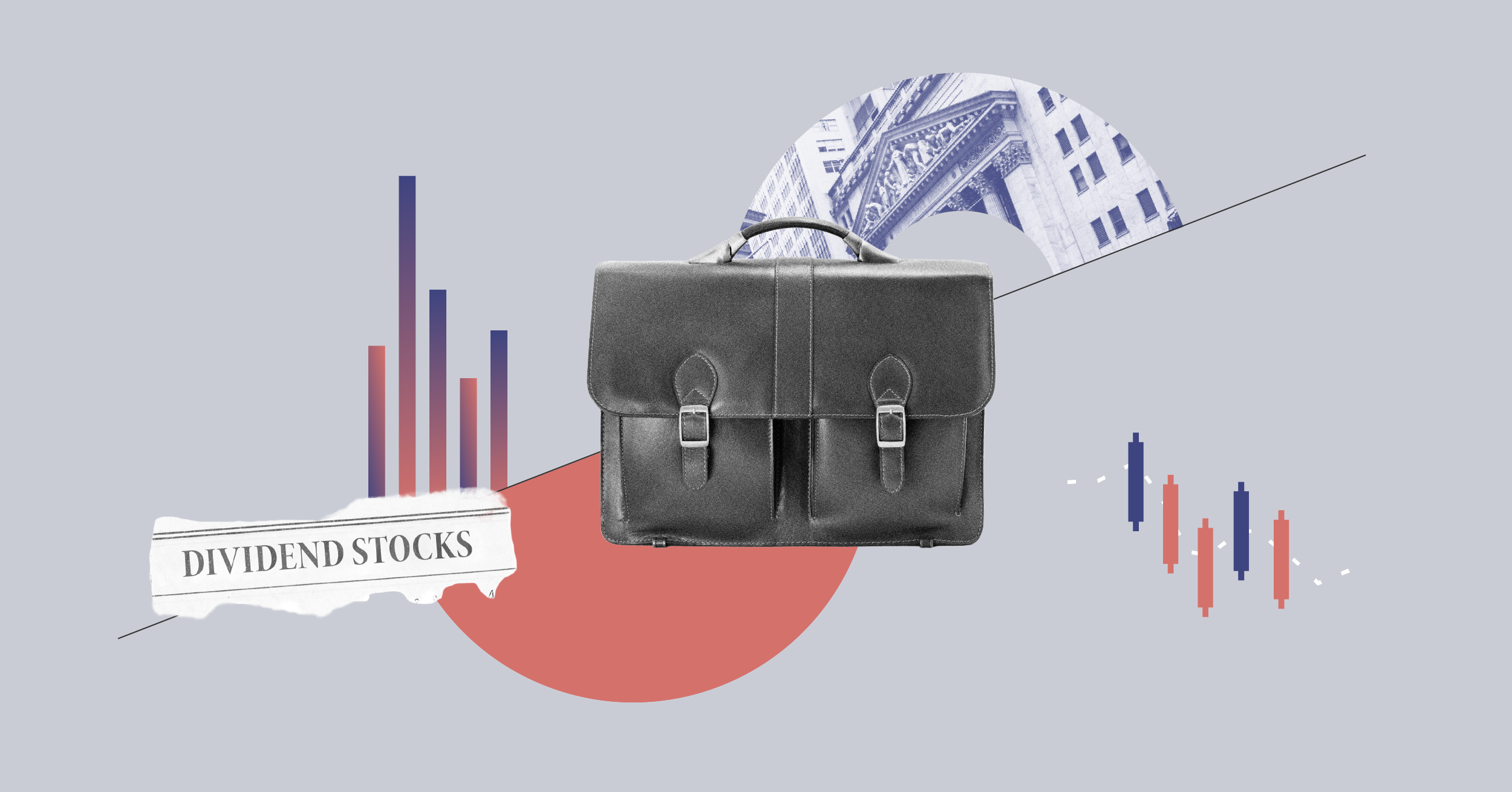Holly Black: Welcome to Morningstar. I'm Holly Black. With me is Dan Lefkovitz. He is a Strategist at the Morningstar Index team. Hello.
Dan Lefkovitz: Hi, Holly.
Black: So, Dan, we are talking all things thematic investing this week. And using an index or a passive fund is a really obvious way for investors to tap into certain themes. So, what sort of approach do you take when you are building a thematic index?
Lefkovitz: Yeah. So, we take a pretty cautious approach when deciding whether to build the thematic index, whether it's genomics, or cyber security, or green energy, telemedicine themes resonate with investors. There is a sort of intuitive appeal because these are things that we are reading about and hearing about. They are in the zeitgeist. But there is a real danger with the thematic strategy that investors are being sold on a good story that doesn't actually become a good investment. So, Morningstar's research team says you have to get a lot of bets right in order for a thematic investment to work out. The theme has to materialize as anticipated. You have to be able to identify companies that can benefit from the theme in the form of revenues or profits or productivity. And then, that benefit has to translate into security level capital appreciation. And that's tricky because a lot of these themes are well known, and they are already reflected in share prices.
Black: So, because they are so hot, some of these topics, we do forget that actually a lot of thematic indexes and funds end up not doing very well at all. Can you give us an example of one that went wrong?
Lefkovitz: Yeah. Well, a lot of investors today have not experienced the internet bubble of the late 1990s. Unfortunately, it was early in my career before Morningstar and I experienced it firsthand and lost some money. But this was a theme that was very legitimate at the time. The internet, the new economy, completely revolutionized the way that we all live and work. But in the late 90s, companies had yet to figure out a business model. They hadn't figured out a way to actually profit from the internet. The Googles and the Facebooks and the Alibabas of the world didn't come until much later. So, you had a lot of thematic investments focused on the internet, the new economy and technology, media telecom that we loaded up on companies with stratospheric valuations, because they had a dotcom in their name, but it all ended very, very badly. Even though the theme in the long run ended up being really legitimate, the internet actually would have been a great theme to be invested in over the past decade or so.
Black: But it can't always go wrong or you'd hope no one would do it. So, what's an example of an index that went right?
Lefkovitz: Right. All my caveats aside, we do think there is merit in investing in a thematic way, and we have constructed a number of thematic index strategies at Morningstar. So, we have a multi-thematic called exponential technologies; we have renewable energy, electric vehicles; we have robotics. And we spend as much time thinking about the company level and the stock level as we do about the theme. So, identifying those companies that are able to benefit from a theme not just as an innovator but also potentially as a supplier or using a new technology in a way that is going to be additive to the business.
If you think about the gold rush metaphor, very few miners actually struck gold. The biggest financial beneficiaries were the folks selling picks and shovels to the gold miners or blue jeans or liquor, right? So, you have to look across the value chain. So, what does this mean? Some examples in electric vehicles, lithium miners might be a way to play that trend. Companies that sell data storage are benefiting from the rise in artificial intelligence and big data analytics. Providers of infrastructure as a service benefiting from connectivity and 5G. Companies that are using 3D printing for medical devices. So, looking sort of across the value chain of the theme.
Black: But obviously, with thematic investing you have to appreciate is more than what's trending on Twitter. So, when investors are thinking about this, what do they need to bear in mind?
Lefkovitz: Yeah, it's absolutely critical to understand the methodology. A lot of investors just see a theme. Oh, that's the next big thing and they stop there. You have to understand how are securities being selected, how is a portfolio of securities being constructed that's going to deliver a good long-term experience. A lot of these strategies use industry classifications, or they use text searches, scanning through company documents for keywords related to a theme. A lot of our thematic indexes at Morningstar, we leverage the equity research team, so over 100 analysts, 1,500 companies under coverage globally, and they spend all day understanding the dynamics of their companies and they are able to identify companies that are well-positioned to benefit from a theme, as I mentioned, whether directly or indirectly, they can kind of make these connections, second order, third order and find beneficiaries across the thematic value chain.
Black: Dan, thank you so much for your time. For Morningstar, I'm Holly Black.
















